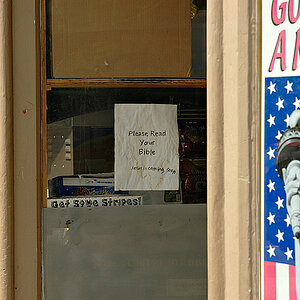Kleetz
TPF Noob!
- Joined
- Dec 19, 2007
- Messages
- 32
- Reaction score
- 0
- Location
- OM, Maryland
- Can others edit my Photos
- Photos NOT OK to edit
Welcome!
I went out a few nights back and snapped off a few night shots. This was my first time with my D40 (at night). I knew this would be hard...Turns out it's a lot harder than I thought!!! Add to the fact that my tripod is complete crap and the camera shoe shakes making it very difficult and frustrating to take pictures at night.
This was taken by hand,
18-55mm@46mm
ISO: 200,
Shutter: 1/6,
f/9.0
As you can see, the clock is super bright...anyone have suggestions on how I should go about fixing it? I feel there's really not much I can do.
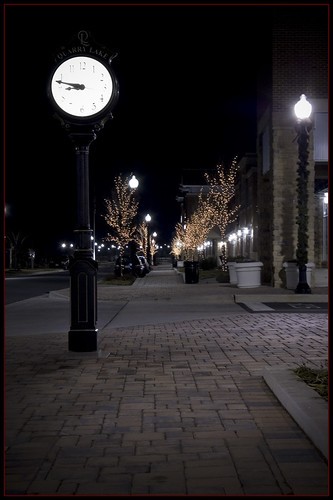
I went out a few nights back and snapped off a few night shots. This was my first time with my D40 (at night). I knew this would be hard...Turns out it's a lot harder than I thought!!! Add to the fact that my tripod is complete crap and the camera shoe shakes making it very difficult and frustrating to take pictures at night.
This was taken by hand,
18-55mm@46mm
ISO: 200,
Shutter: 1/6,
f/9.0
As you can see, the clock is super bright...anyone have suggestions on how I should go about fixing it? I feel there's really not much I can do.



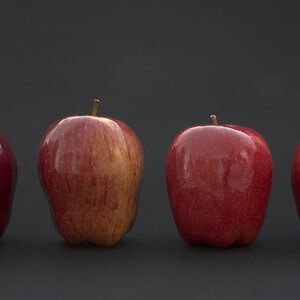
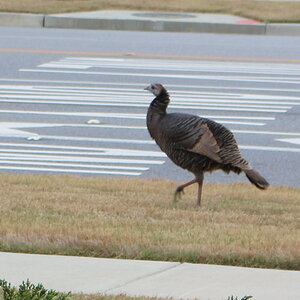
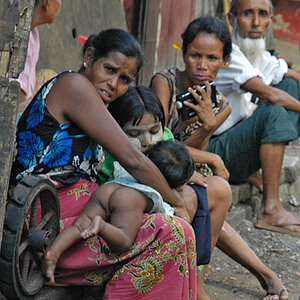
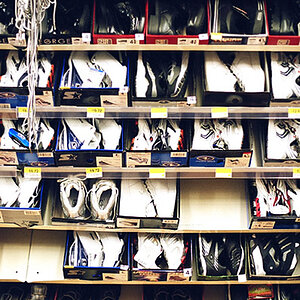
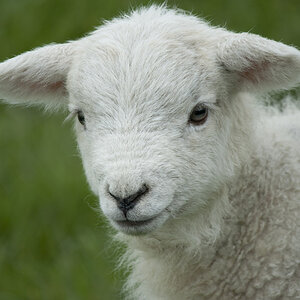
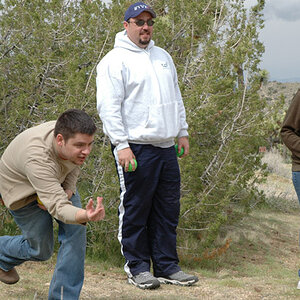
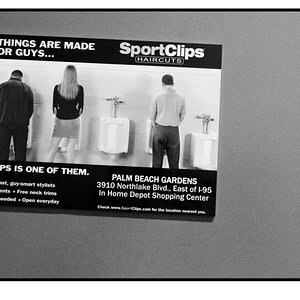
![[No title]](/data/xfmg/thumbnail/32/32706-50b778fbc110c8ea4472547d54c6a923.jpg?1619735610)
![[No title]](/data/xfmg/thumbnail/32/32705-430f9656769ce9d03c57fbe11537d5f5.jpg?1619735608)
